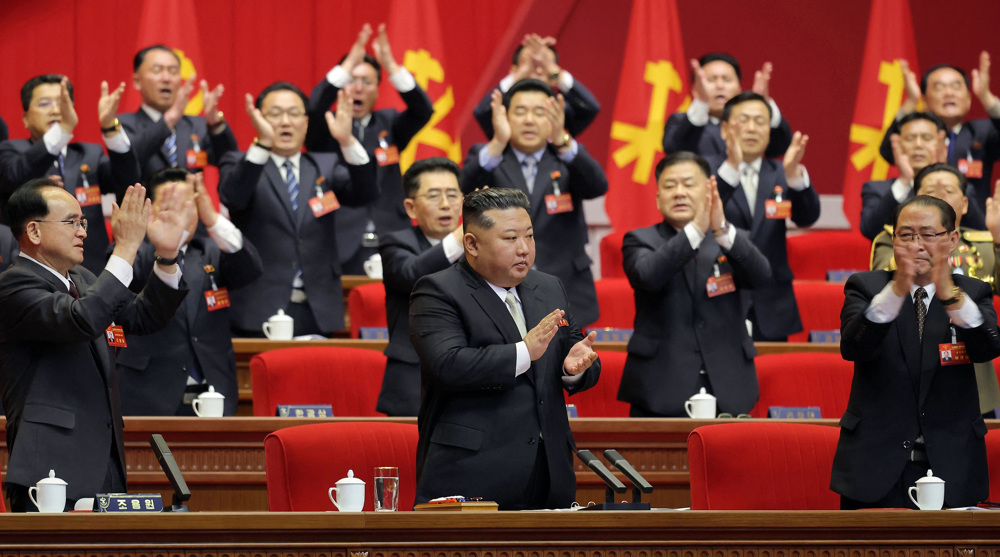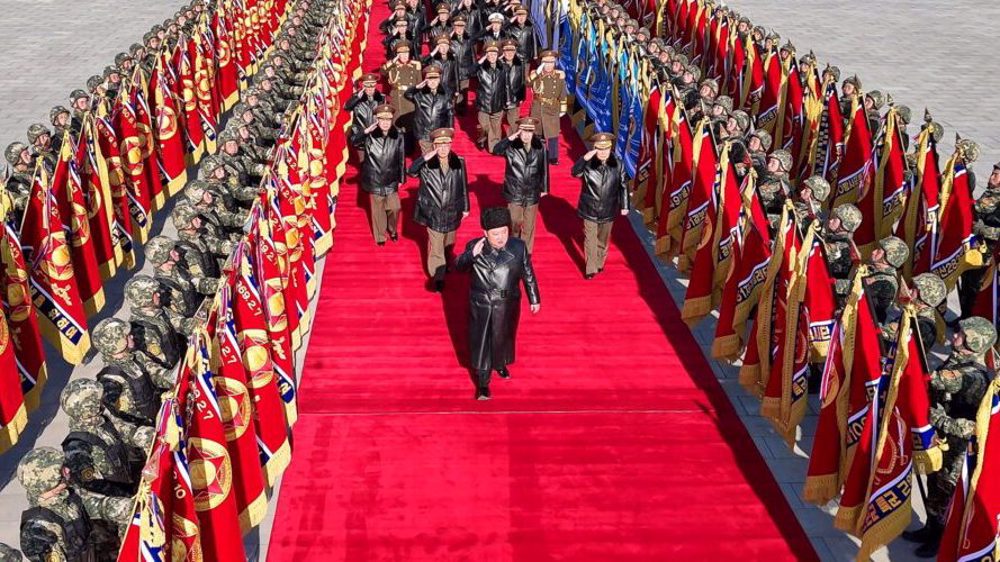UN denounces North Korea’s missile tests
The United Nations has condemned North Korea’s recent ballistic missile launches, warning that it will take further measures against the country.
On Friday, the 15-member UN Security Council issued its condemnation in a unanimous statement, which was drafted by the US and supported by China.
The council expressed "serious concern" over North Korea’s four ballistic missile launches in July and August, saying that they are "in flagrant disregard" of repeated UN appeals to Pyongyang to reverse the course.
It further demanded that North Korea "refrain from further actions, including nuclear tests," and called on all UN member states "to redouble their efforts" to implement sanctions against Pyongyang.
The council members "continue to closely monitor the situation and take further significant measures” against Pyongyang, it added.
North Korea has been the target of toughest-ever sanctions since it conducted its fourth nuclear test in January this year.
It also launched a long-range rocket in February, which according to Pyongyang was aimed at placing an earth observation satellite into orbit. However, the US and South Korea denounced the practice as a cover for an intercontinental ballistic missile test.
Earlier this week, North Korea test fired a submarine-based ballistic missile from its eastern coast days after the US and South Korea began their annual military exercises.

South Korean officials said the submarine-launched missile flew about 500 kilometers (310 miles) before falling into the Sea of Japan.
North Korea's leader Kim Jong-Un described the missile test as the "greatest success,” adding that it put the US mainland and the Pacific "within the striking range."
Before the UN condemnation of Pyongyang’s missile tests which was issued after several rounds of negotiations, North Korean Foreign Ministry official Jon Min Dok said in an interview with the Associated Press Television News that the US-led discussions at the UN were a "terrible provocation."
Jon also assured that the country's latest missile test didn't cause any harm to the security of neighboring countries, but rather showed the country's "great power and inexhaustible strength in the face of the trials of history and the challenges of our enemies."
Pyongyang is developing nuclear weapons because of "outrageous nuclear intimidation" by Washington, he pointed out.
North Korea has pledged to develop a nuclear arsenal in a bid to protect itself from the US military, which occasionally deploys nuclear-powered warships and aircraft capable of carrying atomic weapons in the region.
Washington also holds joint military maneuvers with Seoul, which Pyongyang views as preparations for war and a direct threat against its security.
VIDEO | US ambassador’s remarks on Israel’s expansion spark outrage
VIDEO | ‘Protect the Right to Protest’ rally held outside London court
VIDEO | Gaza bakery supports displaced families ahead of Ramadan Iftar
France blocks US ambassador from ministerial meetings after summons no-show
Around 20 nations condemn Israeli push toward West Bank annexation
Iran pursuing broader cooperation with African nations: Pezeshkian
Israeli minister threatens to seize entire Gaza if Hamas refuses to disarm
VIDEO | Gaza teacher starts ‘Little Wings’ initiative to bring joy to kids















 This makes it easy to access the Press TV website
This makes it easy to access the Press TV website